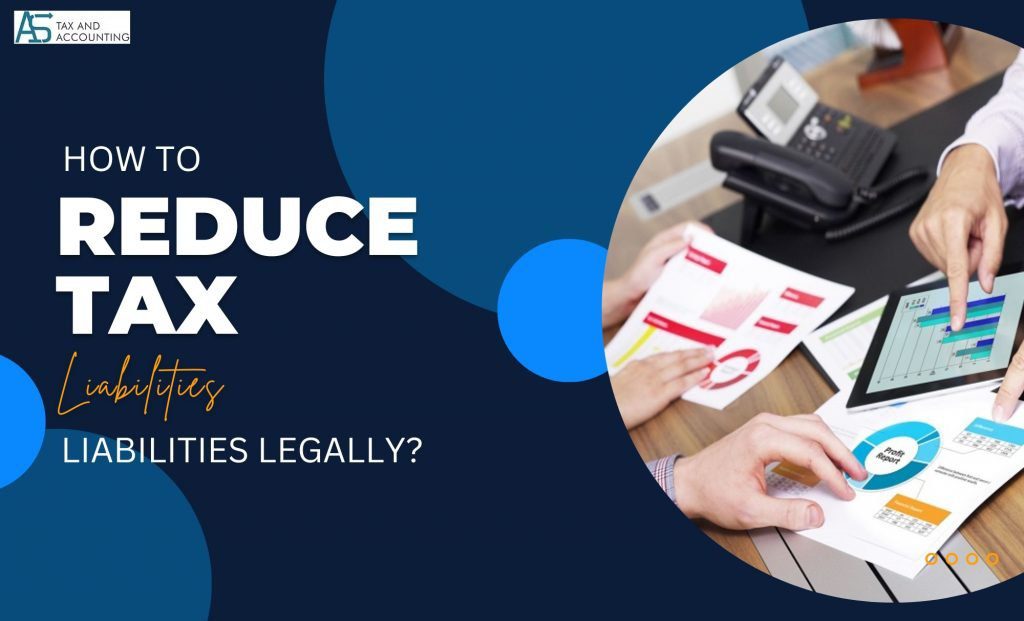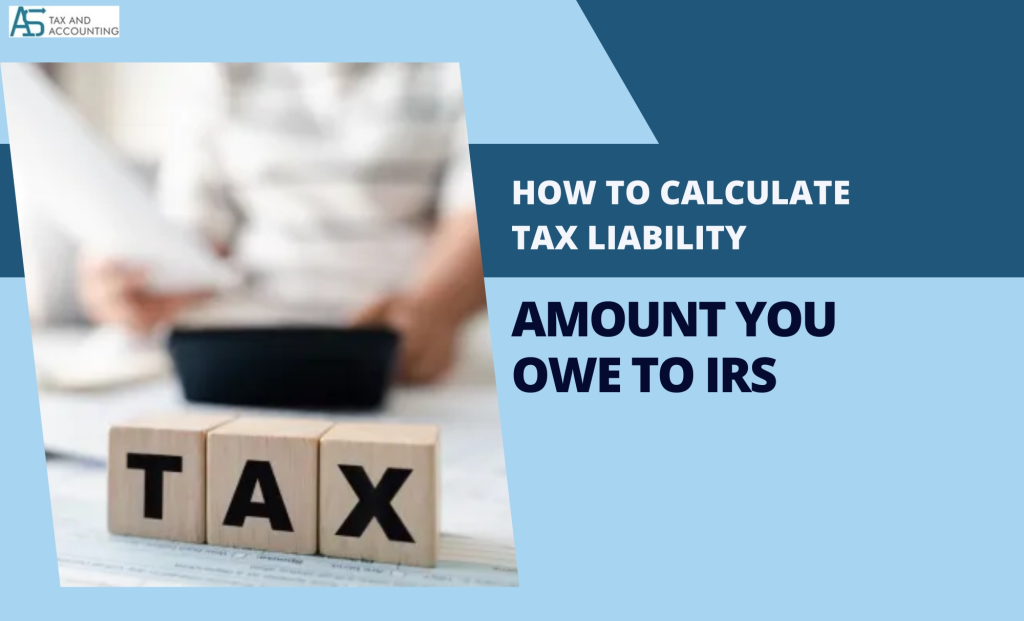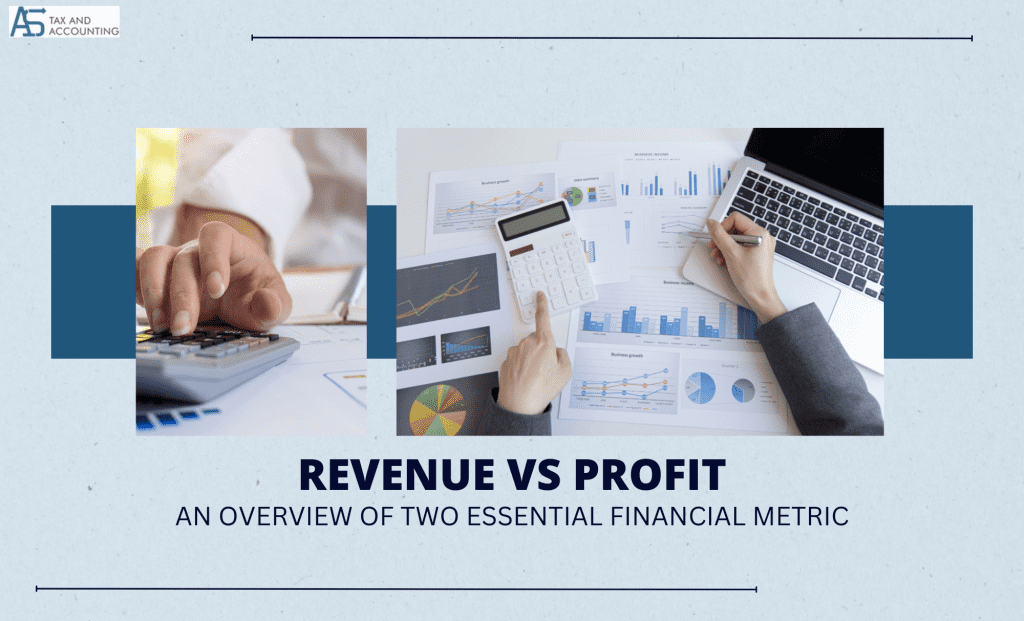While filing your income tax, you have to go through a lot of paperwork, and it could be irritating. The more irritating thing could be to pay tax amount, which could be saved if you have proper tax planning and management. Every business wants to reduce tax liabilities, but for that, they have to work around it for a year. It requires thorough income tax planning.
Basically, your tax debt to the federal or state government is known as your tax liability. Knowing which expenses, you may write off and how to invest in a business can help you lower tax liability. Use one or more of these tax-saving tactics to reduce your income, drop into a lower tax band, and lessen your tax burden if you want to save money on your taxes.
Reduce Tax Liabilities: Itemized Deductions
With Proper Tax Planning, you can lower your taxable income. The amount of taxes avoided depends on the tax rate of the taxpayer.
In general, a taxpayer has the option of taking the standard deduction or itemized deductions. Medical and dental expenses, mortgage interest, property taxes, charitable donations, and business expenses are all eligible for itemized deductions. They are only deductible if they go over a specific dollar threshold.

State income tax and sales tax can both be claimed on Schedule A by taxpayers who itemize their deductions. If you live in a state without income taxes, you should definitely consider the state sales tax exemption.
Reduce Tax Liabilities By Savings on Charitable Donations
You can also reduce tax liabilities by making a donation to a charitable organization.
The IRS permits taxpayers to claim deductions and exemptions on their tax returns for any donations made to an eligible charity.
Donating long-term capital assets to the charity generally makes more sense rather than selling the assets and providing the after-tax amount. Moreover, by making a donation of assets rather than cash, you avoid having to pay capital gains tax on the sale. The lower capital gain will incur less tax depending on your tax slab. In addition, you can claim a tax deduction for the property’s fair market value.
Retirement Plans
Contributions to retirement accounts are one of the simplest legal techniques to minimize tax liability.
It is a best practice to make as many contributions as you can to a retirement plan if you operate your own firm. These are applicable even for side jobs. There are several different sorts of plans that can help to reduce the amount of paperwork needed to set up and manage such a plan.
You can minimize your taxable income with traditional 401(k) and IRA contributions. Moreover, these accounts grow tax-free up until retirement. The ability to contribute to an IRA is permanent for seniors.
While tax-deductible contributions to normal IRAs can be made up until the April 18 tax filing deadline, contributions to employer 401(k) funds must be made by the end of the calendar year.
Medical Expenses
If you file taxes, you can exclude medical expenses from your taxation. According to the IRS, the amount spent on disease diagnosis, treatment, mitigation, cure, or prevention is eligible for deductions.
Moreover, deductible medical expenses are those which are more than 7.5% of the taxpayer’s adjusted gross income. You can include the expenses spent on your spouse and dependents also. Regardless of when the taxpayer pays their medical bills, they can write them off in the incurring year with effective financial tax planning.
Reduce Tax Liabilities: Flexible Spending Account
Contributing to a tax-free health flexible spending account is another simple method to reduce your taxes (FSA). The IRS permits you to transfer tax-free funds directly from your paycheck into your FSA each year. The cap was $2,750 in 2021 and will increase to $2,850 in 2022. Few businesses allow you to carry over the money to the next year.
Credits for Higher Education
Another way to reduce tax liability is to get credit for higher education. A student going to college can gain a maximum of $2,500 credit per year. At the same time, adults who are training or learning new skills can avail the benefit of $2,000 credits. When you show your higher education documents, then these credits deduct automatically from your remaining tax amount.
Side Business Deductions
There are numerous tax deductions available for your side businesses whether you are working on it full-time or part-time. A few businesses which you can run to save taxes are website fees, shipping, advertising, business-related travel, dues, memberships, office supplies, and any other costs associated with operating your business.
Opening Health Savings Account
A high-deductible health plan (HDHP) holder can use a health savings account (HSA) as medical savings account to put money aside for future medical costs. It requires effective tax planning. However, you can only deduct medical and dental expenses up to 10% of your adjusted gross income.
Some refer to this account as having a “triple tax benefit” because you can deposit money tax-free, can grow tax-free through investments, and can withdraw it tax-free at any time. Moreover, if your HSA balance is not fully utilized, it will carry over from year to year.
For 2022, the maximum amount of pre-tax money that you can put into an HSA is $3,650 for an individual and $7,300 for a family. You can gain an additional $1,000 if you’re 55 or older.
There are various aspects of tax policies that small businesses miss out on. They can hire financial accounting advisory services to have a clear picture of their tax liabilities. Having an advisory service also strengthens your financial aspects and helps you to grow your business.
Frequently Asked Questions
Setting up a 401k plan could help you save money on taxes regardless of whether your business is a single proprietorship, another kind of pass-through entity, or any other taxable organization. Even NGOs and their employees can profit from 401k plans.
If your stock is not performing well and you are losing money on it, then you can sell them and show the loss amount to offset the taxes. It is a strategic way to turn your loss into an advantage.
You can avail of the EITC benefits if you earn less than $57,000. According to your children you have and marital status, you can gain up to $7,000 credits.
- Author Details
- Latest Posts

I am Billie wilson, a financial analyst who loves to share knowledge. I believe that everyone deserves the opportunity to succeed and so I guide people in their journey to financial growth




